|
 |
Women and the Silent Screen VI
University of Bologna, Italy, June 24, 2010 – June 26, 2010
, ,
|
The VI International Women and Film History Conference (Bologna, 24-26 June 2010) will pay tribute to the women’s involvement in the silent film industry and culture across the globe. The event will provide an insight into women’s contribution to the silent screen through a series of scholarly panels, keynote addresses and archival screenings. In the dynamic spirit that caracterized each of the previous Conferences held in Utrecht (1999), Santa Cruz (2001), Montréal (2004), Guadalajara (2006), and Stockholm (2008), presentations will consider a wide range of themes related to the spheres of the motion picture economy, history, criticism, narrative forms, transnational film culture, the social contexts of film production and much more, all seen through the lens of feminist theory and historiography. It will be an opportunity for scholars and young researchers to expose and discuss the new issues and ideas that are spreading at the cutting edge of Film and Women’s Studies, exploring the future directions to be possibly pursued.
Proposals are welcomed concerning not only the female directors, screenwriters, producers and actors of the era, but also the larger role of women in modern mass culture. If you are proposing a paper please fill in the on-line submission form. We will only accept proposals in English that use this form, and the deadline for submission is January 10, 2010, but earlier submission are welcomed. This form will allow you to view and change your proposal and to keep in touch with the peer-review editors up to one month before the deadline. Ideally you will be given an answer by the middle of February.
Please notice that the Conference will occur in Bologna in the week immediately preceding Il Cinema Ritrovato Film Festival (running June 26 through July 3, 2010). We are particularly happy to announce that the festival will host a special section on women in silent cinema, curated by Mariann Lewinsky in cooperation with WSS VI. All the participants in WSS VI will directly be registered at no fees at the festival, and will be eligible to reserve rooms at special price at hotels located in the city centre, within walking distance to the conference site.
Further details on the program:
http://wss2010.wfhi.org/ocs/index.php/wss/WSS6 |
|
Events

Film-Philosophy Conference 2016
University of Edinburgh
July 6, 2016 – July 8, 2016, July 06, 2016
 |
The Film-Philosophy Conference 2016 will be held at the University of Edinburgh from 6-8 July.
CALL FOR PAPERS
The Film-Philosophy Conference 2016 at the University of Edinburgh invites proposals for presentations on any subject related to film and philosophy. There is no single overall theme.
|


|

FILM & MEDIA 2016. 2016Questions of Cultural Value
The Fifth Annual London Film and Media ConferenceThursday 7 - Saturday 9 July 2016, July 07, 2016
 |
We extend a warm invitation to Film and Media scholars worldwide to submit proposals for Papers of 20 minutes’ duration for presentation at FILM & MEDIA 2016: The Fifth Annual London Film and Media Conference. We also welcome proposals for complete Panels of three Papers.
The conference will be held at the Friends’ House Conference Centre, Bloomsbury, London WC1. The UK HQ of the Quaker movement, this beautifully refurbished landmark venue sits opposite Euston Station and is only a few mintes’ walk from St. Pancras and King’s Cross rail stations, the British Library and the British Museum, and the wider delights of the historic Bloomsbury district and the West End.
|


|

Strangers to Ourselves:
“Enemies from Within” and the Moving Image
The Eleventh Tel Aviv International Colloquium on Cinema and Television Studies, December 23, 2015
 |
Distressed by past, current, and emergent civil wars in our region and by an apparently growing chasm between subcultures that are isolated in their own media environments and view others in their community with perplexity and intolerance, the Department of Film and Television at Tel Aviv University invites scholars to submit proposals that critically explore literal and figurative “enemies from within” and their relation to moving images.
|


|

Society for
Phenomenology and Media
18th Annual Conference
Puebla, Mexico. February, 17-19, February 17, 2016
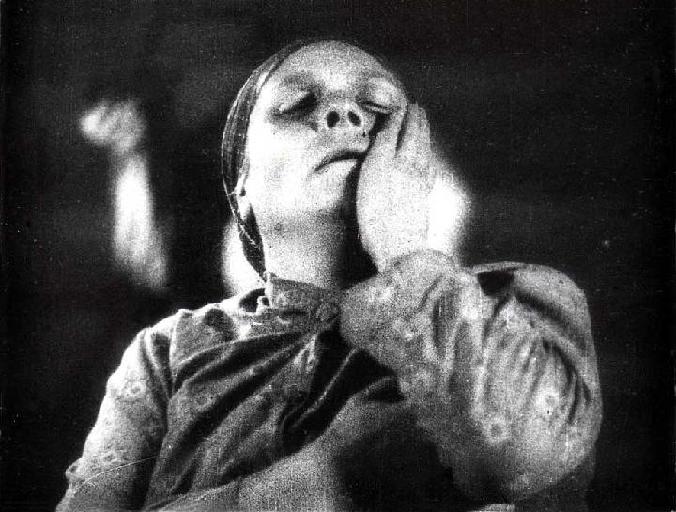 |
Doctoral students are invited to submit proposals, but should note that SPM limits the number of papers from students.
|


|

A Hundred Years of Film Theory
Münsterberg and beyond: Concepts, Applications, Perspectives, June 29, 2016
 |
A century after Hugo Münsterberg´s…
…pioneering publication of 1916, The Photoplay. A Psychological Study, an international and interdisciplinary conference will look at audiovisual media from a broad variety of perspectives and disciplines. The conference will highlight Münsterberg´s achievements as a scholar, who began his academic career at the University of Leipzig before going to Harvard, via the Universities of Heidelberg and Freiburg.
|


|

Virtuality, Becoming and Life
Deleuze Study Conference Rome 2016, July 04, 2015
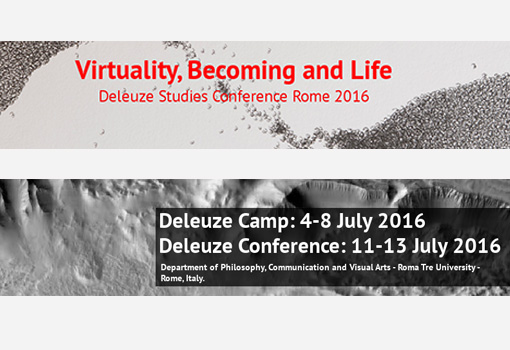 |
The triad of terms in the title is meant to indicate three steps that may build a path through Deleuze's and Guattari's philosophy. This path is but one among the many possible, as the titles of the previous conferences reveal. To borrow a term from psychogeography, we may call it a “desire path”, where desire paths represent the alternate routes created by the walkers’ desires and necessities. Though it is an open path, it is paradoxically coherent and unified. Each of its step indeed refers to the other in more than one way.
The first term –virtuality- refers both to the central issue of time and to the philosophical friendship between Deleuze and Bergson. As Deleuze’s early writings of the Sixties witness, it was a very close friendship which remained vivid also in his later work on cinema in the Eighties. Both Bergson and Deleuze share the common aim to affirm the coexistence and the continuous and mutual interplay between the past and the present, the actual and the virtual. Such an interplay constitute exactly that process of differentiation which grounds the creative dynamics of all different arts, and notably, of cinema.
|


|

FilmForum 2016
XXIII International Film Studies Conference
XIII MAGIS Film Studies Spring School
9 – 15 March, Gorizia, March 09, 2016
 |
FilmForum/MAGIS Spring School is an international film and media studies conference (especially aimed at MA and PhD students and early career researchers) organized by the University of Udine (Italy) in collaboration with: Concordia University, Montreal; Fachhochschule Potsdam; Goethe-Universität, Frankfurt am Main; Université de Lausanne; Université de Montréal; Université du Québec à Montréal; Université Sorbonne Nouvelle – Paris 3; University of Malta.
Inaugurated in 2003, FilmForum has now become one of the most important events in the field of film and media studies, also being considered highly influential across several other disciplines. The School is in fact internationally renowned for its interdisciplinary flair, for the originality of its approaches, and for its cutting edge topics.
For its 2016 edition, FilmForum promotes two research projects
|


|

Viscera, Skin, and Physical Form: Corporeality and Early Cinema
Fourteenth International Domitor Conference
, June 14, 2016
 |
Moving pictures fascinated early audiences by depicting inanimate objects in motion; rolling waves and phantom rides were lasting favorites. First and foremost, however, the film camera captured bodies moving about in everyday life as well as bodies performing for the camera: workers leaving the factory, Sandow flexing his muscles, Annabelle dancing. Film’s wondrous and uncanny capacity to deliver imaginary corporeal presence took advantage of and amplified modernity’s novel forms of body culture. Indeed, even the naming of the medium’s machines and corporations indicated its organic impulse (bio, vita, living, animated). As the medium industrialized and accelerated its intermedial cross-pollination, it supplanted unnamed “models” with stars and superstars while it presented everyday bodies in non-fiction genres. Over time, producers tested storytelling techniques, acting styles, programming approaches, and exhibition practices, thereby negotiating and transforming the relationships between screen bodies and audience response. From the “cinema of attractions” to the feature film, spectatorship has always been corporeal.
|


|

The ICFVCMS 2016. London 18-19/01/2016
18th International Conference on Film, Visual, Cultural and Media Sciences, January 18, 2016
 |
The ICFVCMS 2016 : 18th International Conference on Film, Visual, Cultural and Media Sciences is the premier interdisciplinary forum for the presentation of new advances and research results in the fields of Film, Visual, Cultural and Media Sciences. The conference will bring together leading academic scientists, researchers and scholars in the domain of interest from around the world.
|


|

XXII Udine International Film Studies Conference
Udine, March 18-20, 2015
A History of Cinema without Names: A Research Project, March 18, 2015
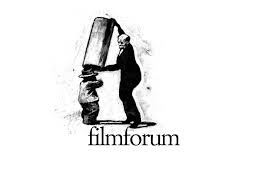 |
In several occasions the Udine Conference has focused on the problematization of the notion of the “author” and on a re-definition of
the notion of “style” (separating this notion from any property related to individual poetics and from any – anthropomorphically conceived –
principle of textual construction). In this perspective, it is indeed possible to articulate models aimed at understanding authorial poetics as the
momentary unification of features that exceed them. On another level, genres as well could be simply seen as spaces in which elements of the
same kind aggregate
|


|

CFP Fata Morgana, Quadrimestrale di Cinema e Visioni, n.26
"Teoria", August 01, 2014
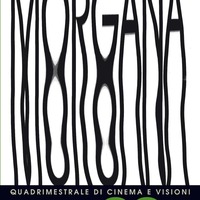 |
Le trasformazioni recenti del cinema, i mutamenti tecnologici, il proliferare di linguaggi contigui a quello cinematografico e il variare dei modi di fruizione, impongono oggi una riformulazione di tutti quegli approcci teorici che nel corso dei decenni hanno contribuito prima a isolare l’oggetto cinema, poi a individuarne caratteri e specificità.
|


|

2014 / Call for Papers / Upcoming Permanent Seminar Conferences
The Permanent Seminar on Histories of Film Theories is very pleased to present the Call For Papers for its 2014 Conference: Critical Theory, Film and Media: Where is “Frankfurt” now?
, February 17, 2014
 |
CFP below, and our online CFP abstract submission form follows at bottom. See you this summer in Frankfurt!
|


|

2014 Chicago and Evanston Conference
The Image in Early Cinema: Form and Material
Thirteenth International Domitor Conference
Chicago and Evanston, Illinois, USA
21-25 June 2014, June 21, 2014
 |
Early cinema emerged within a visual culture that comprised a variety of traditions in art and image making. Even as methods of motion picture production, distribution, and exhibition materialized, they drew from and challenged practices and conventions in, for example, photography and painting.
|


|

SCMS 2014 Conference
Seattle 2014 Call for Paper, Panel, and Workshop Proposals, November 10, 2013
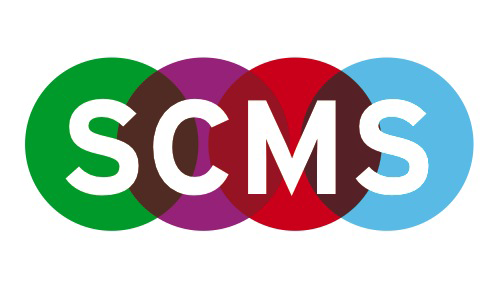 |
The Society for Cinema and Media Studies announces its call for proposals for the 2014 conference. Please join us Wednesday, March 19 through Sunday, March 23, 2014 at the Sheraton Seattle Hotel.
|


|

Rendering (the) Visible II: Figure
February 7-8, 2014 — Moving Image Studies, Georgia State University, February 07, 2014
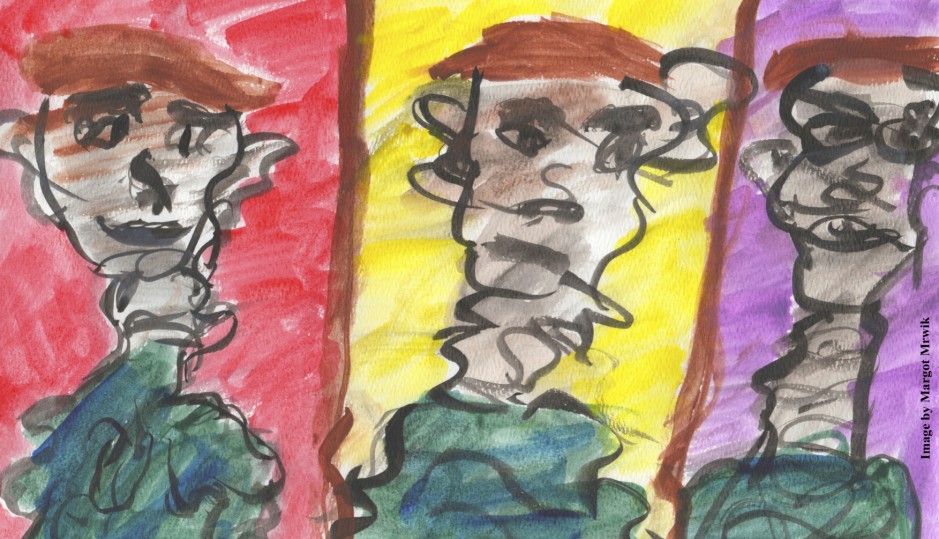 |
The doctoral program in Moving Image Studies at Georgia State University welcomes paper proposals for a meta-disciplinary conference on the concept of the Figure.
|


|

FilmForum 2014 XXI Udine International Film Studies Conference
Udine, April 2-4, 2014
AT THE BORDERS OF (FILM) HISTORY
Temporality, Archaeology, Theories, September 28, 2013
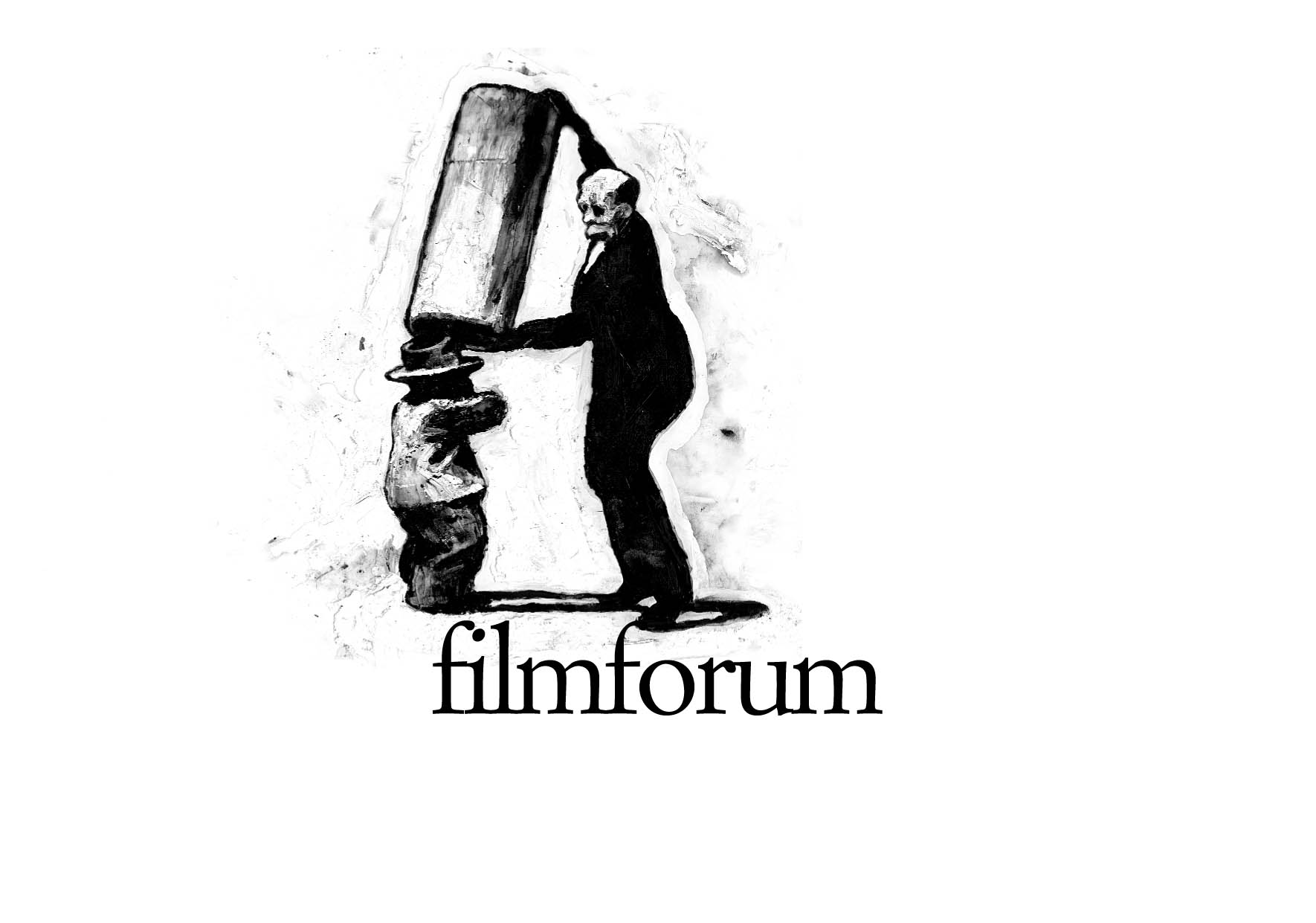 |
The XXI Udine International Film Studies Conference is interested in exploring the concept of historicism in
contemporary media theory, challenging the connections between media theory and media history-making. At The
Borders of (Film) History is expected to explore and map the boundaries between history, theory and theory of history
today. In the latest issue of Film History (Vol. 25, no. 1-2, 2013), Jane Gaines claims: “My skepticism should not imply
that, in taking the ‘historical turn’, we took the wrong turn, but rather that we didn’t ask enough questions about where
we were going.” The “historical turn” represented a fruitful debate in terms of conceptualising history and historicising
theory. It represents a dialectical shift from Film History to Cinema History (as an ensemble of practices, discourses and
dispositifs) and it enlightens the need of rethinking its objects and methodologies. New Film History’s most effective
breakthrough lies in the practice of conceptualising Early Cinema through Foucault-inspired notions like discontinuity,
epistemic break, archaeology (Elsaesser, 2004). This perspective is now considered as “a pioneering media
archaeological approach” (Strauven, 2012) – a crucial step in criticising teleological historiography. The current
mediascape has progressively shown the need of reconsidering each medium’s identity as part of a network of media
discourses. In this lanscape, Media Archaeology represents a way of shaping and radicalising the debate: it “emphasizes
the thingness of things” and underlines operational and performing possibilities while approaching an object of study
(Sobchack, 2011). Here Media Archaeology is conceived not as a discipline, but rather as a methodological hypothesis
able to liven up diverse contemporary debate around media with new sources coming from materialist, historicist, and
realism-oriented backgrounds.
|


|

CHROMA: GIORNATA DI STUDI
SULL'IMMAGINE A COLORI TRA CINEMA E MEDIA
Universit? degli studi di Firenze ? Plesso Didattico Santa Verdiana, September 18, 2013
 |
La giornata di studi intende offrire un confronto tra studiosi e professionisti di diversa formazione accomunati dall?interesse per il tema del colore nel cinema e nei media. Chroma nasce dall?idea che lo studio dell?immagine a colori tra cinema e media debba fondarsi su una visione interdisciplinare in grado di tener conto sia delle declinazioni storiche e teoriche che dei problemi tecnici e applicativi del colore.
Fin dalle sue origini, infatti, la storia del cinema e dei media moderni ? stata strettamente legata con la storia del colore e delle sue tecniche di produzione e riproduzione. Dalla colorazione a mano delle prime fotografie e pellicole impressionate tra Otto e Novecento fino agli odierni sistemi di colorazione digitale, la presenza o l?assenza del colore nelle immagini non ha mai cessato di orientare le scelte degli addetti ai lavori e degli spettatori.
Nello scenario contemporaneo, in particolare, l?introduzione di tecnologie digitali di correzione e manipolazione del colore, a cui saranno dedicati alcuni interventi, ha determinato un forte ritorno d?interesse per il potenziale espressivo del colore, consentendo a molti cineasti di alterare il colore fin dalle singole parti dei fotogrammi, con una sorta di ritorno in chiave aggiornata alle tecniche di colorazione del cinema delle origini. Oltre alla nascita di nuove problematiche squisitamente legate al mondo digitale, le potenzialit? offerte stanno influenzando tutta l?industria cinematografica: dalle metodologie di ripresa sul set, alla post-produzione, fino al formato di distribuzione nelle sale.
Allo stesso tempo, il colore ? divenuto un argomento di riflessione sempre pi? praticato nell?ambito dei film studies e dei media studies internazionali, come testimoniano alcuni convegni organizzati negli ultimi anni e la pubblicazione di un numero consistente di studi e monografie dedicati all?argomento.
All?interno di questo quadro di riferimento, Chroma proporr? un articolato ventaglio di interventi sulla storia, il linguaggio e la tecnica, proponendo riflessioni teoriche ed esemplificazioni sulle pratiche del colore nel cinema e nei media del passato e della contemporaneit
|


|

Doing Women?s Film and Television History
The Second International Conference
of the
Women?s Film and Television History Network ? UK/Ireland, April 10, 2014
 |
Building on the success of the first ?Doing Women?s Film History? conference
held in 2011, this three-day international conference will bring together
researchers in women?s film and television history, archivists, curators and
creative practitioners to explore and celebrate all aspects of women?s
participation within the visual media industries across the globe and in all
periods. The conference will provide a forum for the latest research into women?
s work in film and television production (both on and off screen), in film
distribution and exhibition, their roles in television ranging from presenters
and personalities to commissioners and controllers, as well as women?s
activities as film and television critics, consumers and fans.
|


|

45th Annual Convention, Northeast Modern Language Association (NeMLA)
Narrated space and represented space: the city in cinema, literature, theatre, April 03, 2014
 |
The session intends to treat certain statements stressing the relationship between cinema and the city and the interdisciplinary interpretation of the cinematographic work
|


|

9è Seminari sobre els antecedents i orígens del cinema
Objectivitat i efectes de veritat. El cinema dels primers temps i la tradició realista, November 14, 2013
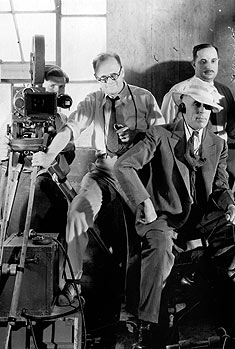 |
El 9è Seminari, que se celebrarà a Girona el novembre de 2013, està organitzat pel Museu del Cinema, el Departament de Geografia, Història i H. de l'Art de la Universitat de Girona i el Proyecto del Ministerio de Economía y Competitividad "La construcción del imaginario bélico en las actualidades de la Primera Guerra Mundial".
|


|

NECS 2013 Conference
Media Politics - Political Media, June 20, 2013
|
The conference will play host to a special panel series prepared by the HOMER network, an international group engaged for almost 10 years in promoting and developing the historical study of movie-going, exhibition, and reception.
|


|

Film-Philosophy Conference 2013:
Beyond Film
, July 10, 2013
|
Reflecting the synergy of filmmakers and philosophers within the field of film-philosophy, our conference will be structured around joined keynote talks by pairs of filmmakers and philosophers, who will open the floor for vibrant discussions with the conference participants.
|


|

Cosmopolitan Screens
University of Glasgow, 28-30 June, 2013
, June 28, 2013
|
The 23rd International Screen Studies Conference is organised by the journal Screen and will be programmed by Screen editors Tim Bergfelder, Dimitris Eleftheriotis, Alastair Phillips and Jackie Stacey.
|


|

Intersection
Contemporary Italy in Music, Art, Literature, and Cinema
, June 07, 2013
|
In a world that is made relentlessly more composite and multidimensional, the intersecting of art, cinema, music, and literature can help us re-configure rhythmically and synergetically the dissonant and discrete realities in which we are immersed.
|


|

Convegno Internazionale: I Situazionisti: Teoria, Arte e Politica
30 maggio 2013 - Facoltà di Lettere e Filosofia
Aula Verra
Via Ostiense 234- Roma, May 30, 2013
|
SEGRETERIA SCIENTIFICA:
Ivelise PERNIOLA
SEGRETERIA ORGANIZZATIVA:
Costantin JOPECK, Alice MARINELLI
|


|

Contemporary Women’s Cinema
Global Scenarios & Transnational Contexts
May 28-29, 2013
, May 28, 2013
|
Aula Magna del Rettorato
Via Ostiense 159
Rome
Humanities Institute
at Stoney Brook
Dipartimento di
Filosofia
Comunicazione
e Spettacolo
|


|

Videoludica e nuove forme della visione
Presentazione della rivista G|A|M|E – The Italian Journal of Game Studies, May 23, 2013
|
Il Master di I livello in "Video Full HD, 3D, immersivi e interattivi in ambienti di elevata convergenza e crossmedialità" dell’Università degli Studi Roma Tre incontra redattori e autori della rivista
G|A|M|E – The Italian Journal of Game Studies
|


|

Permanent Seminar on Histories of Film Theories Conference 2014 in Frankfurt, August 20-24, 2014
Critical Thoery, Media and Film: Exploring the Frankfurt Legacy, August 20, 2014
 |
An international conference organized by the Institute for Theater, Film and Media at Goethe-Universität and the Institut für Sozialforschung, Frankfurt, in cooperation with the Permanent Seminar on Histories of Film Theories, August 20-24, 2014.
|


|

Hollywood and the World
A Diversity and Recognition Project - Second Global Conference, November 10, 2013
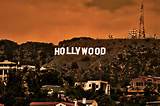 |
The popularity in Western culture of all things Hollywood reflects the eternal fascination with the world of Hollywood cinema. This inter-disciplinary research conference seeks to explore issues of Hollywood films and their international influence across historical periods and within cultural, political and social contexts both in the US and abroad. We are also interested in exploring this cinema in personal experience and interpersonal relationships and across a range of critical perspectives.
|


|

FILM AND MEDIA 2013: The Pleasures of the Spectacle
The Third Annual London Film and Media Confenrence 27-29/06/2013, June 27, 2013
 |
The Conference theme for 2013 is The Pleasures of the Spectacle. This major international conference will again seek to explore, celebrate and critique the screen-based traditions of film, TV and digital media in all their manifold dimensions. This pioneering annual conference is likely to be of considerable interest to established scholars, early career Faculty, young researchers, and anyone with a commitment to learning about global film and media in a dynamic and friendly academic context.
|


|

World Film 2013
International Conference on Film and Media
International Conference on Film and Media
International COnference on Film and Media, May 18, 2013
 |
The conference WORLD FILM 2013 is an interdisciplinary conference dedicated to film The theme of the conference is Between Dreams and Reality. The conference is interdisciplinary and might be interesting for philosophers, film theorists and practitioners, psychologists, architects, artists, critics, journalists and all people interested in cinematography.
|


|

the Permanent Seminar on the History of Film Theory
Innovations on the Theory and Historiography of Cinema, November 01, 2011
|
It is often repeated that before being an art, before being an
industry, cinema was initially a technology. At the beginning,
moreover, the camera was as intriguing as the illusion that
it managed to recreate. And if the initial fascination with the
cinematographic mechanism waned quickly, it resurfaces at regular
intervals following the emergence of each new technology that
changes the way films are produced, distributed or exhibited, and
even, more fundamentally, the way we think about cinema. Over
the past thirty years, several studies have traced the development
and socioeconomic consequences of new technologies which, year
after year, shape and redefine what cinema is. But what exactly is
the significance of all these kinds of machines and devices for the
theory and historiography of cinema? Have they helped open new
avenues of thinking and new methodologies or break down some
misconceptions at the heart of Film Studies? This colloquium seeks
to question the impact of technological innovations on the development
of the critical discourse and historiography of cinema.
The pervasiveness of the “technological” in the history and
theory of cinema demands its further investigation. The aim of
this colloquium is to evaluate the importance of technological
innovation in the articulation of a critical discourse in film studies.
More specifically, it seeks to comment on the impact caused by the
introduction of new technologies on the theory and historiography
of cinema, that is to say, to investigate how these technologies have
altered the way we think about cinema, its fundamental properties,
and its potential uses. Film scholars all know of the “four legendary
moments” of the technological history of film evoked by Peter
Wollen – the invention of the Lumière Cinematograph, the arrival
of sound, that of color, and finally the introduction of “widescreen”
formats – but how exactly have these shaped the discourse of
theorists, historians and other film critics? And what about other,
lesser known or forgotten innovations that have emerged at
various times in film history? We could not, moreover, neglect the
advent of digital technologies and CGI (computer generated images),
whose countless cinematographic applications caused major
upheavals in the course of reflection on cinema, upheavals whose
full extent has not yet been measured. The history of film theory is
punctuated with reflections that, occasioned by these technological
upheavals, manage to escape the extreme positions that are often
used to summarize the debate (technology as a “panacea” or as
a “scourge” of the modern world) and instead propose a more
nuanced and stimulating perspective on the fundamental properties of cinema.
|


|

XVIII Convegno Internazionale di Studi sul Cinema
L’ A R C H I V IO, Memoria, cinema, video e immagine del presente, April 05, 2011
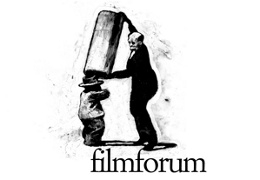 |
È stato Jacques Derrida a ricordare che nella parola archivio (Arché) convivono sia l’idea di cominciamento sia quella di comando: il
luogo dove le cose prendono inizio dunque, dove vengono depositate le fonti; ma anche il luogo dove da queste scaturisce la legge e
dove questa prende dimora. Non solo la raccolta di ciò che non vi è più, ma anche il luogo dove viene tracciato il perimetro del
presente attraverso la norma e la trasmissione della tradizione.
Nel regime dell’immagine l’archivio è ad un tempo il deposito delle immagini registrate e tramandate ma anche quello che Jacques
Rancière ha definito «l’organizzazione del sensibile» (le partage du sensible), quell’istanza che regola, istituisce e norma i luoghi e le
posizioni di accesso all’esperienza dell’immagine. Tuttavia l’archivio non è un monolite: non è fatto soltanto di oggetti e concretezza,
ma anche di spazi vuoti, elementi mancanti, silenzi, che custodiscono non solo la storia trasmessa ma anche la traccia di ciò che
sarebbe potuto essere e non è stato. E che nonostante tutto continua a insistere nel presente.
Una consolidata tradizione ha visto nella storia una verticalità narrativa che scaturisce da un'origine ed è scritta come un libro da un
soggetto costituente; l’archivio si presenta invece nella figura di una disomogeneità radicale, irriducibilmente paratattica e organizzata
tramite una vasta pluralità di elementi.
|


|

Sergei Eisenstein’s Unpublished “Notes for a General History of Cinema”. World Premiere
September 30 – October 2, 2010, Columbia University, New York, NY
, ,
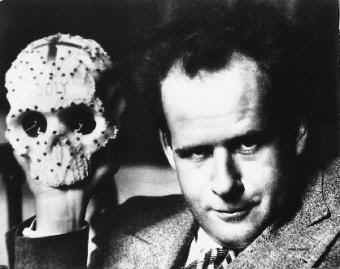 |
A Conference staging the critical reception by scholars in the field.
|


|

Women and the Silent Screen VI
University of Bologna, Italy, June 24, 2010 – June 26, 2010
, ,
 |
The Sixth International Women and the Silent Screen Conference will celebrate the diversity of women’s engagement with silent cinemas across the globe through a series of scholarly panels, keynote addresses, and archival film screenings.
Continuing the dynamic spirit that characterized previous conferences in Utrecht (1999), Santa Cruz (2001), Montréal (2004), Guadalajara (2006), and Stockholm (2008) the conference will provide an open and friendly atmosphere for the exchange of research and insight into women’s involvement in the first four decades of film history.
|


|

The Arthemis International Conference. "Moving Images Studies: History(ies), Method(s), Discipline(s)"
Concordia University, Montreal, 4-7 giugno 2010, ,
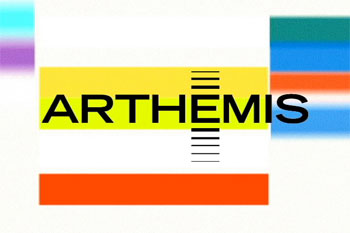 |
The ARTHEMIS conference wishes to offer an international forum for scholars to reflect on the theory and practice of film and moving image studies from historical and epistemological perspectives.
|


|

XVII International Film Studies Conference / Convegno Internazionale di Studi sul Cinema
Udine, 16-18 Marzo 2010, January 12, 2010
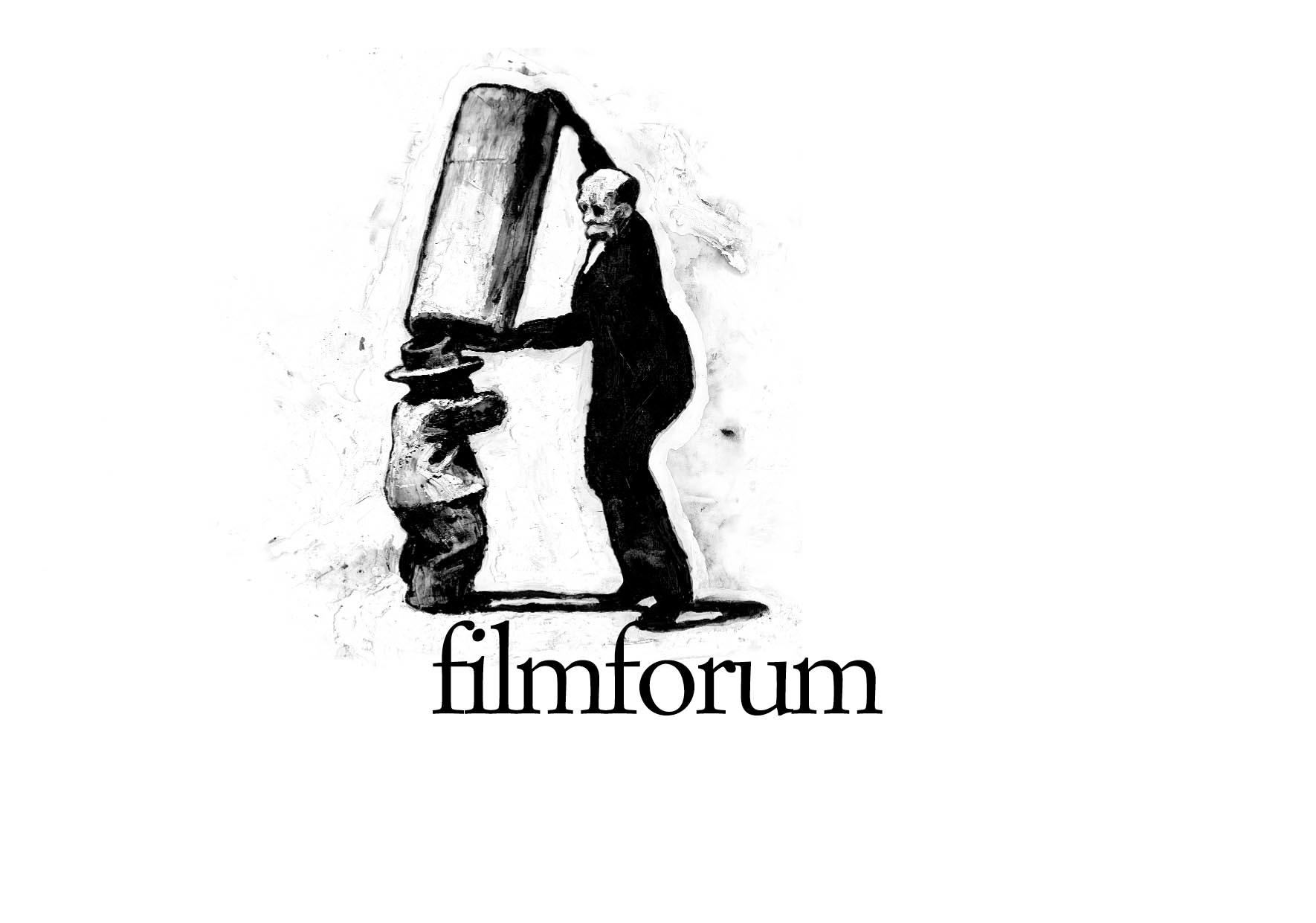 |
Il canone cinematografico
|


|

XVI Udine International Film Studies Conference
Permanent Seminar on History of Film Theories
Udine, March 23, 2009
 |
Call for papers
|


|

Geographies of Film Theory
London, June 26 (evening) – June 28, 2008, ,
 |
The conference has been designed to engage specifically with intellectual fields that concern both the Institute of Germanic & Romance Studies and the Screen Studies Group through an examination of the development and diffusion of film theory.
|


|

Permanent Seminar on the History of Film Theories
XV Udine International Conference, March 03-04, 2009
 |
An international network gave life to a Permanent Seminar on the History of Film Theories. The XV Udine Conference will host on March 3 and 4 the first meeting organized by the seminar.
|


|

XV Udine Conference
Cinema and Comics. Affinities, differences and new forms of interference, March 03-06, 2008
 |
Interest in comparing cinema and comics is not new. At first glance, there are any number of apparent affinities and similarities between them.
|


|
|

